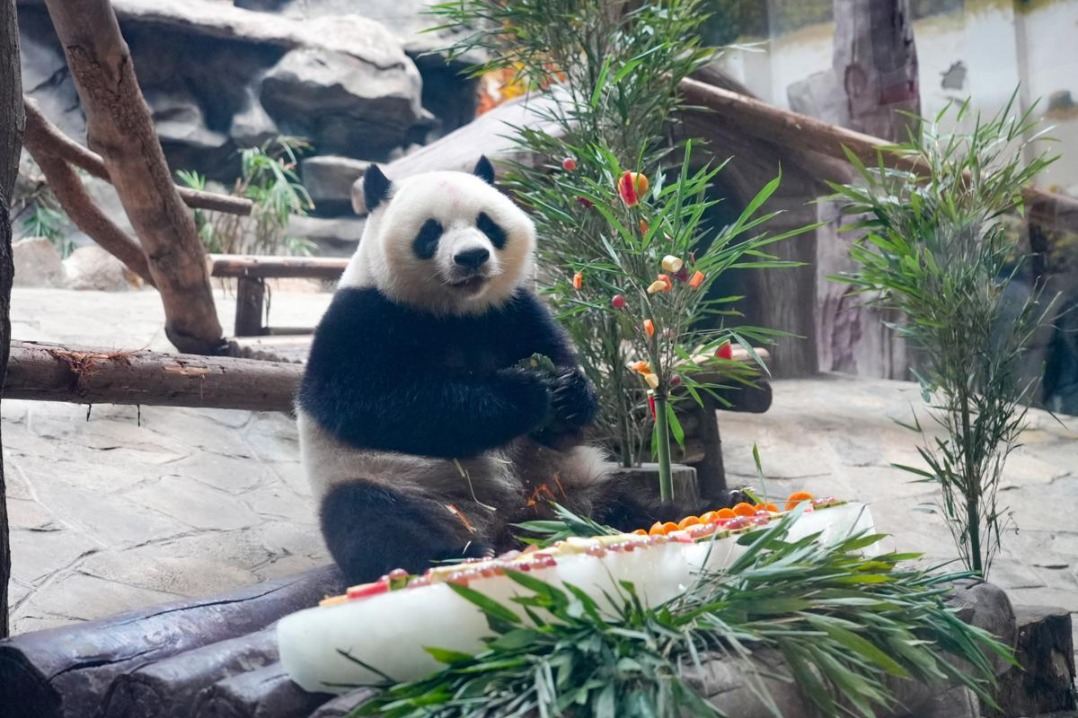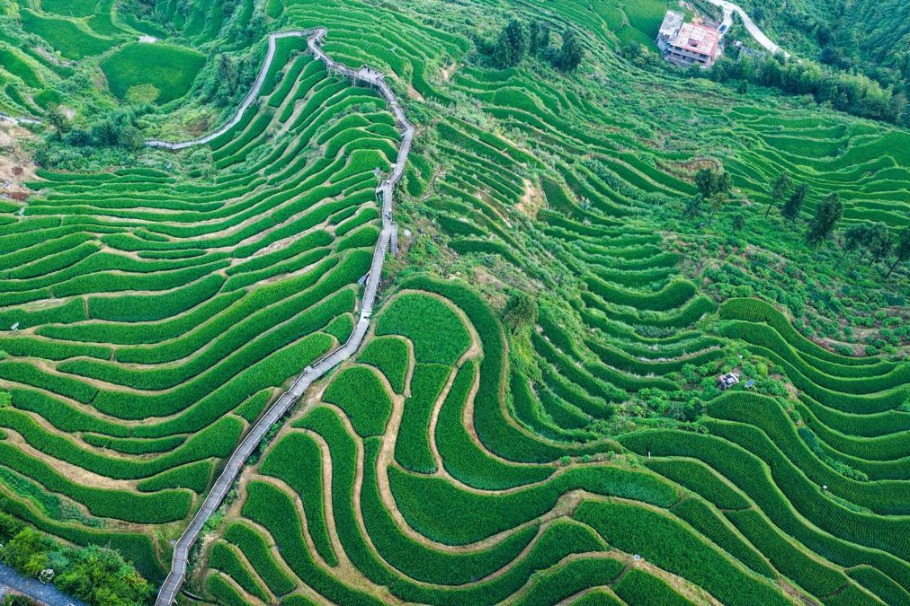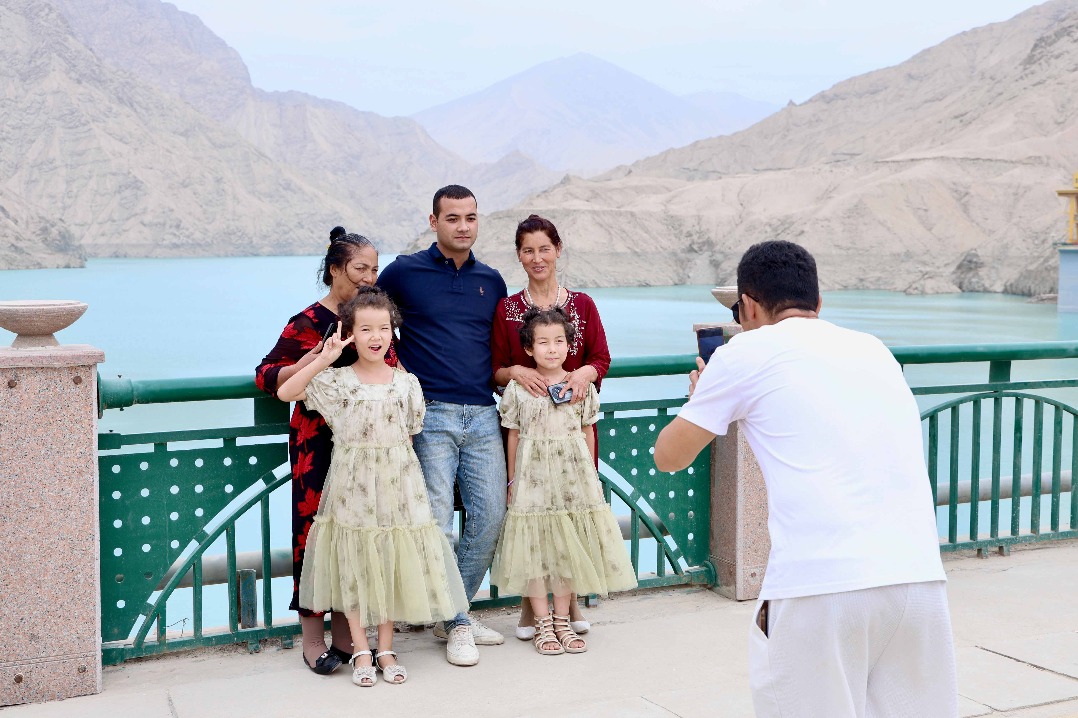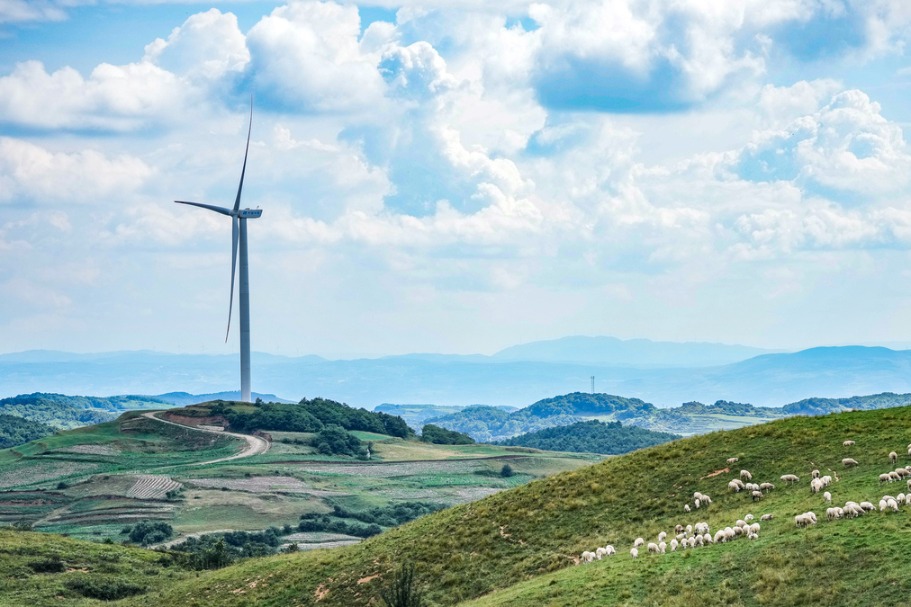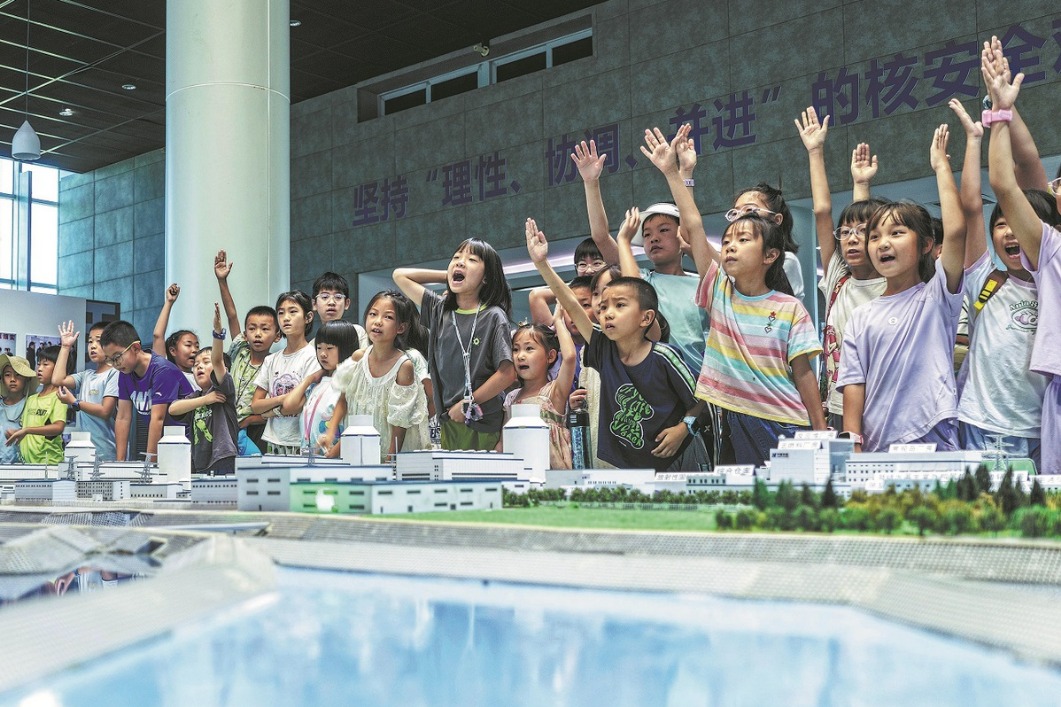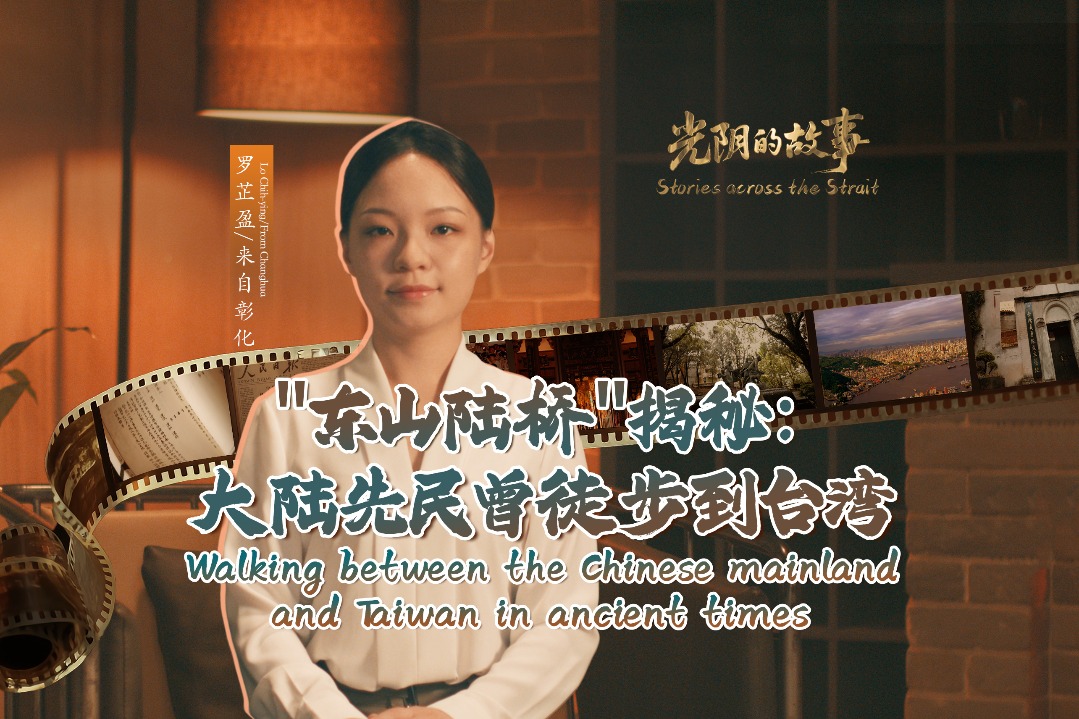Diplomats visit important wartime sites


A delegation of 18 diplomats from 16 Asian countries visited the Datong Mass Graves Memorial in Shanxi province on Wednesday.
The visit was part of a five-day tour aimed at deepening understanding of China's wartime history and its post-war development, and at commemorating the 80th anniversary of the Chinese people's victory in the War of Resistance Against Japanese Aggression (1931-45) and in the World Anti-Fascist War.
During the war, Japanese invaders occupied the Datong coal mines and enforced a policy of "exchanging blood for coal" which led to countless laborers being either worked to death or left on the brink of death and discarded in remote hillsides or abandoned mine shafts.
More than 20 mass grave sites, each filled with human remains, lay across the Datong mining area.
The Datong Mass Graves Memorial spans 337,000 square meters, with a black granite memorial wall inscribed with the numbers 14,000,000, to reflect the number of tons of coal taken, and 60,000, to represent the number of lives lost.
Chalongkwan Tavarayuth, a counselor at Thailand's embassy in China, said the museum experience was deeply emotional and starkly revealed how miners had been harshly treated, and how even child laborers had been forced to work under inhumane conditions.
The visit, she said, offered a powerful reminder about the consequences of war.
When asked about the importance of passing down such historical memory to younger generations, Tavarayuth emphasized the need to avoid repeating past mistakes, saying peace and cooperation should prevail over conflict, especially in a world that is increasingly marked by turbulence and division. History should remind people of the profound human cost of war, she added.
Suy Bunlay, first secretary at Cambodia's embassy in China, shared similar impressions.
He said the site helped him gain a deeper understanding of how coal was mined during the Japanese occupation and of how the region's resources were exploited.
The commemorative visits reflect China's contribution to the global anti-fascist struggle, and remind us countries should cherish and protect the hard-won peace even more.
Cheng Huirui contributed to this story.
- Diplomats visit important wartime sites
- Tianjin Port crew member rescues a Filipino seaman
- Govt asks medical bodies to submit procurement volume for bulk-buy program
- China's top court enhances handling of foreign-related cases
- Zhengzhou issues flood alert, orders closures amid heavy rainfall
- PLA releases footage of drones hunting 'hostile warship'
















